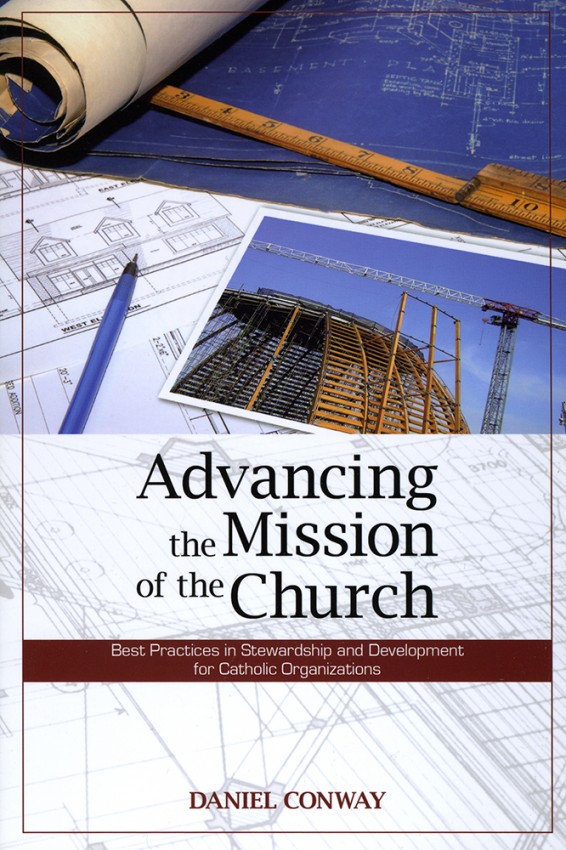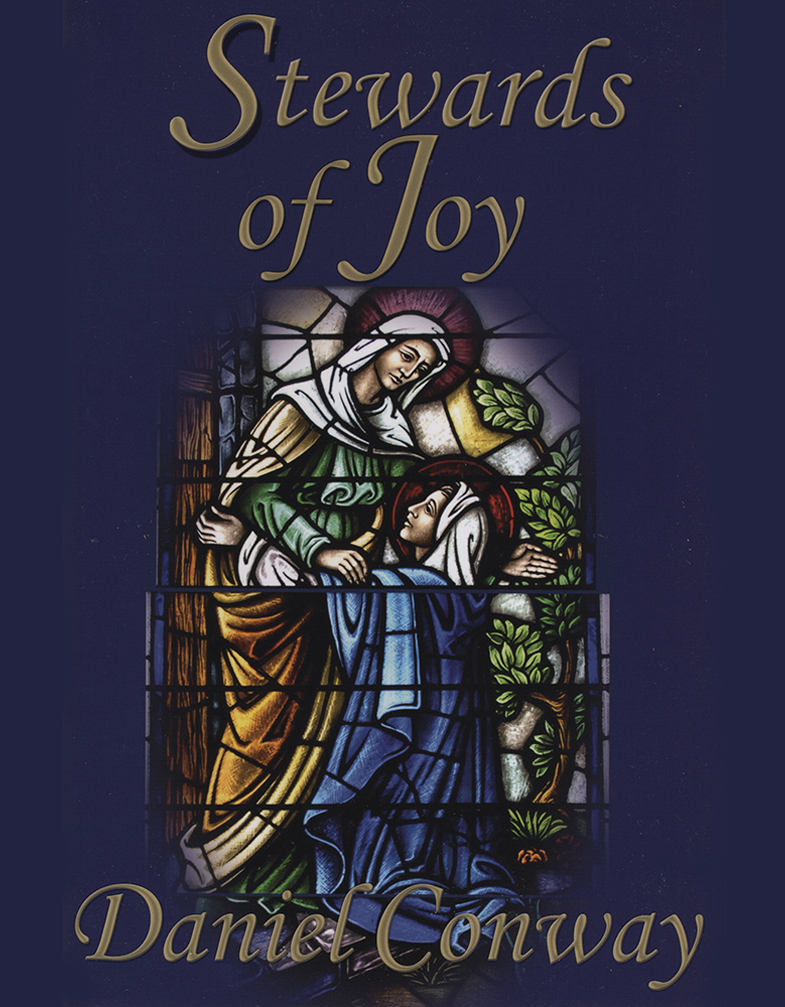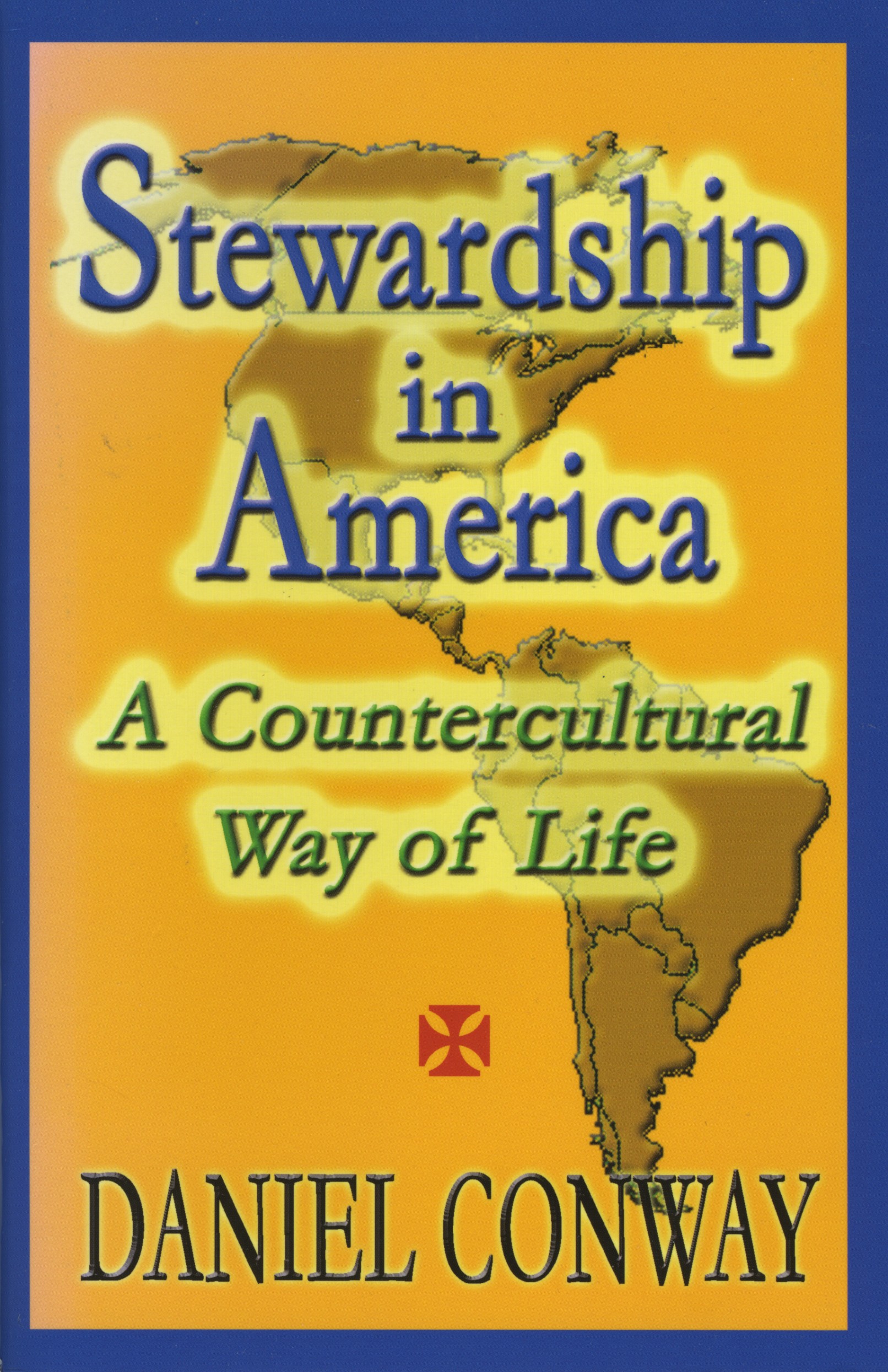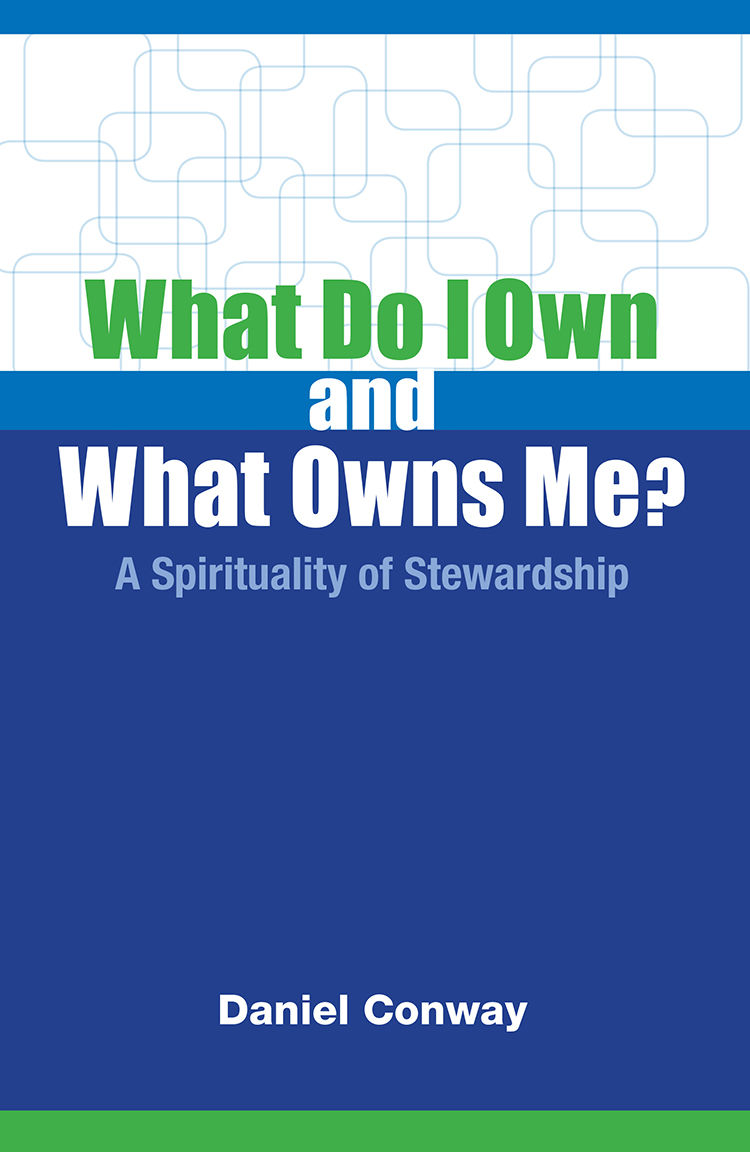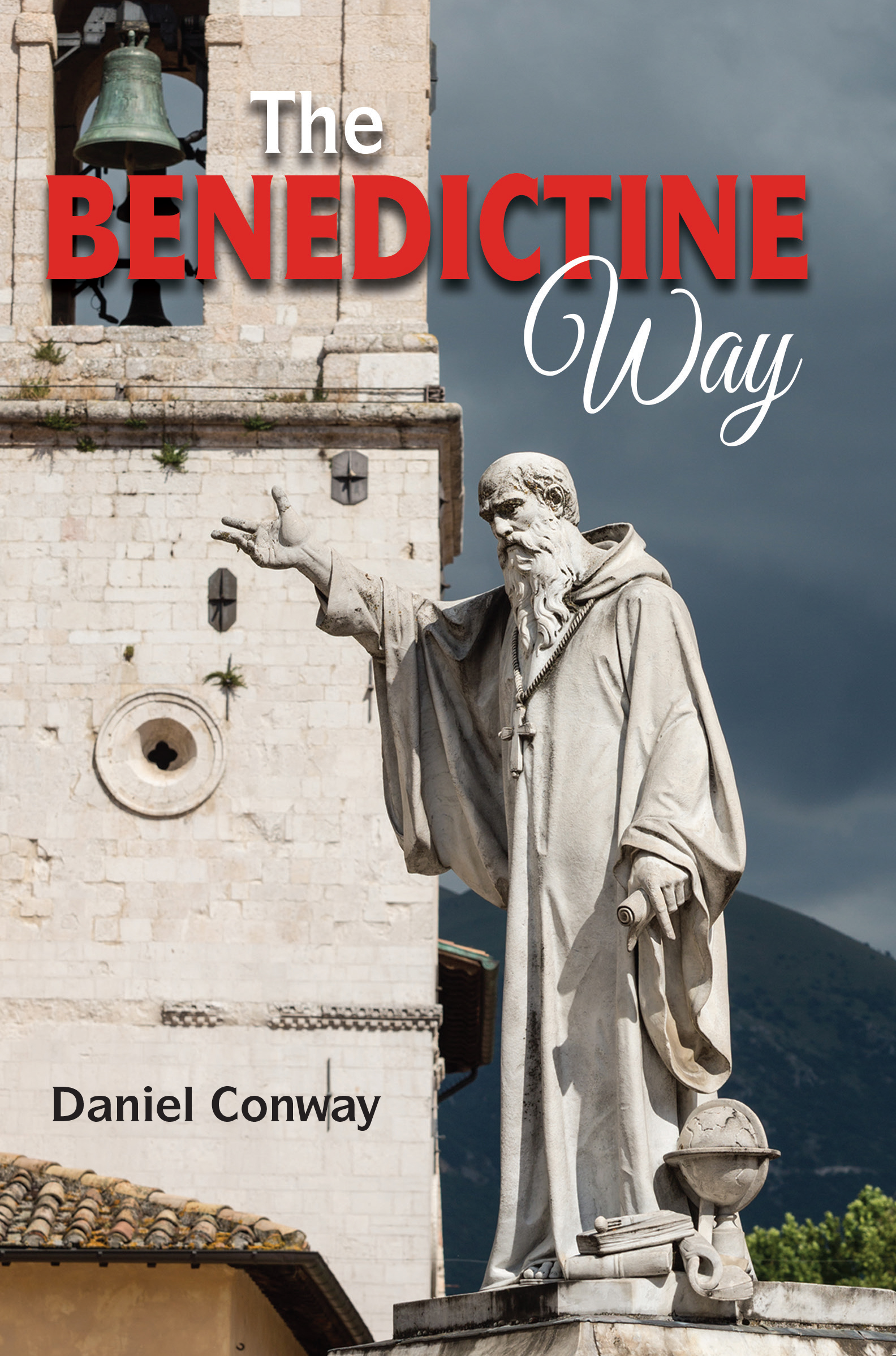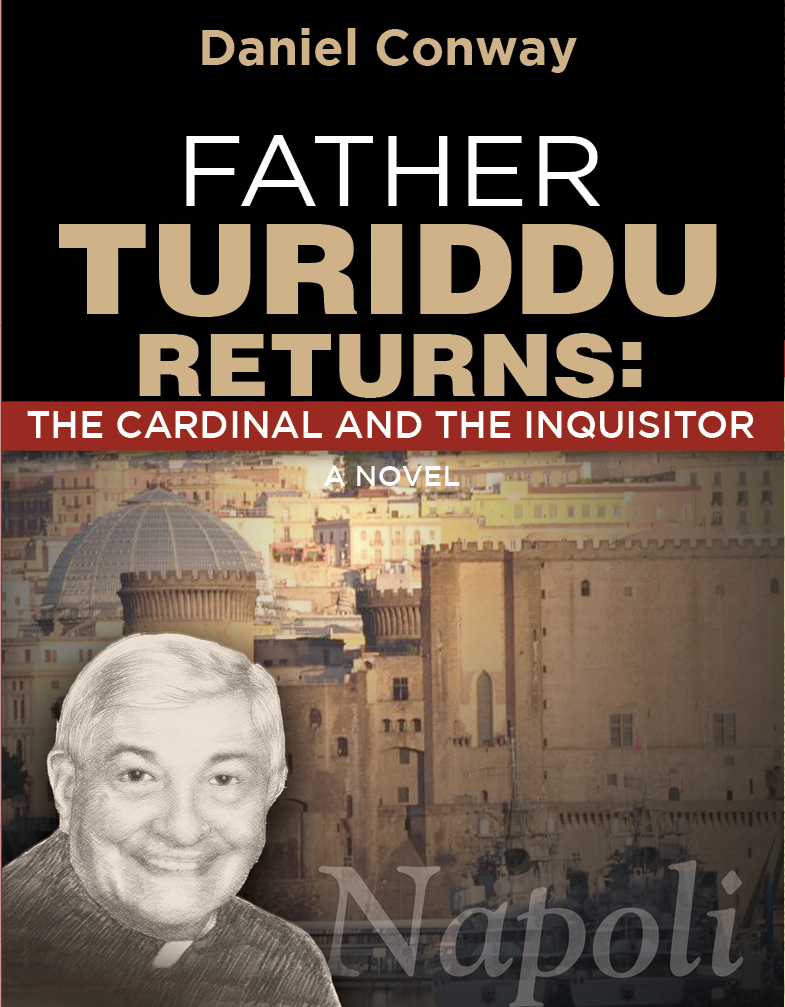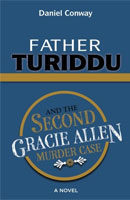For nearly 30 years, I have been writing The Good Steward, a reflection on themes related to the stewardship of daily Christian living. At first, beginning in 1988, The Good Steward was a newspaper column for The Record, weekly newspaper of the Archdiocese of Louisville. I continued writing a weekly column when I moved to the Archdiocese of Indianapolis’s weekly newspaper, The Criterion, in the 1990s, and as the new millennium dawned I began to publish The Good Steward electronically. In recent years, I have posted The Good Steward on my website (danielconwayauthor.com) and have continued to distribute it via email to a growing list of readers.
I would like to take just a moment here to thank all my faithful readers. I am deeply grateful for your support, and I truly hope you find The Good Steward helpful to your daily life and work. Please don’t hesitate to respond if you think of ways that this monthly article can be strengthened or improved.
I would also like to announce that The Good Steward is now available in the form of a daily blog. You can find “Dan Conway’s The Good Steward” at danconway2.blogspot.com or by following me on Facebook. My daily reflections are less finished (more spontaneous) than the monthly articles, but I hope they represent helpful “thought starters” for reflection and discussion. That is my goal.
And while I’m at it, let me share with you the good news that my newest book, The Benedictine Way, is coming soon. In a matter of just a few weeks (in time for the holidays), my little book of reflections on Benedictine spirituality, and its application to ordinary people like us, will be available for purchase online.
Please accept my heartfelt thanks for your faithful readership and support for my writing. As one who takes stewardship seriously, I consider these immeasurable gifts and I pledge to care for them responsibly and share them generously with others.
Dan Conway
Pope Francis condemns the “homicidal madness” of terrorism
Pope Francis prayed for the victims of the attacks in Somalia, Afghanistan and New York, and also called for the conversion of terrorists: “May the Lord free us from hatred and homicidal madness. In addition to condemning such acts of violence, I pray for the deceased, the wounded and their family members. We ask the Lord to convert the hearts of the terrorists and to free the world from hatred and homicidal madness that abuses the name of God in order to sow death.”
Here we go again. Terrorists, acting alone or in groups, commit acts of vicious, senseless violence against innocent people as the world watches—apparently helpless to stop what Pope Francis calls “hatred and homicidal madness.”
In the face of this madness, we are tempted to despair, to give up all hope of ending the violence. But Pope Francis urges us to do the opposite. He wants us to redouble our efforts to pray for peace and for the conversion of those who would do us radical harm. Hope, not despair, is the solution to terrorism.
Jesus, the source of all our hope, commands us to love our enemies and to pray for those who persecute us. It sounds easy enough in the abstract, but in the face of real evil everything in us resists loving our enemies!
The understandable reaction of political leaders is to “circle the wagons” and keep all strangers out of our country. Certainly, prudent immigration policies and appropriate screening of those who come from outside our borders is important, but this is not the real answer. The answer, the pope tells us, is to “ask the Lord to convert the hearts of the terrorists and to free the world from hatred and homicidal madness that abuses the name of God in order to sow death.”
It’s bad enough that evil people kill men, women and children randomly and without regard to their innocence. But to do so in God’s name makes the homicidal madness blasphemous, a mortal sin against God as well as humanity. Our response cannot be more bloodshed, which is why Pope Francis vigorously opposes capital punishment. Even the heinous acts of terrorists do not justify an equally violent response. Even evil men and women are subject to God’s mercy and the profound hope that they will one day experience conversion from a belief in the God of vengeance to a personal encounter with the God of Love.
Love our enemies and pray for those who persecute us. Even terrorists? Even deranged madmen who take innocent lives by turning ordinary vehicles into weapons of mass destruction?
Yes. We must ask the Lord to convert the hearts of the terrorists and to free the world from hatred and homicidal madness that abuses the name of God in order to sow death.
It is equally important to pray for the victims, their families, the first responders and caregivers. These suffer the immediate effects of the hatred and homicidal madness that terrorism spawns. These women and men cry out to us for our prayerful support in their hours of anguish and need. Not to pray for them would mean succumbing to the “sin of Indifference” that Pope Francis has repeatedly condemned. We dare not let the increasing frequency of terrorist attacks here at home and abroad blind us to the suffering of victims and their families or to the heroism of those who are called to protect us and care for us even in the most horrific circumstances.
The parable of The Good Samaritan is a vivid reminder that we are all called to respond to the suffering of those who have been brutally attacked by others. Recall that the parable is Jesus’ response to the question, “Who is my neighbor?” And the fact that it is the foreigner, rather than the “socially acceptable” people, who responds with compassion makes the point quite emphatically: Everyone is my neighbor regardless of his or her race, religion, economic or social standing. And yes, even my enemy is my neighbor and, therefore, deserving of my prayers and compassion.
These are hard teachings. They challenge the common experience of weak human beings like us. In some instances, hate is more “natural” (in the sense of instinctual) than love. And revenge comes much more easily than forgiveness.
Since God’s holy name is abused in many of these senseless acts of destruction, let’s look to him for direction. On the Cross, our Lord prayed for the forgiveness of his enemies. He showed his unconditional love for the sinful women and men (all of us) who caused him such mental, physical and spiritual anguish.
God, you know how hard this is for us. Please grant us some small share in your boundless love and mercy.
Copyright © 2017, Daniel Conway Permission is given to copy and distribute this Good Steward Newsletter for use in religious or educational settings provided that proper attribution is given to the author. This publication may not be sold or distributed to the general public without the express permission of the author.


